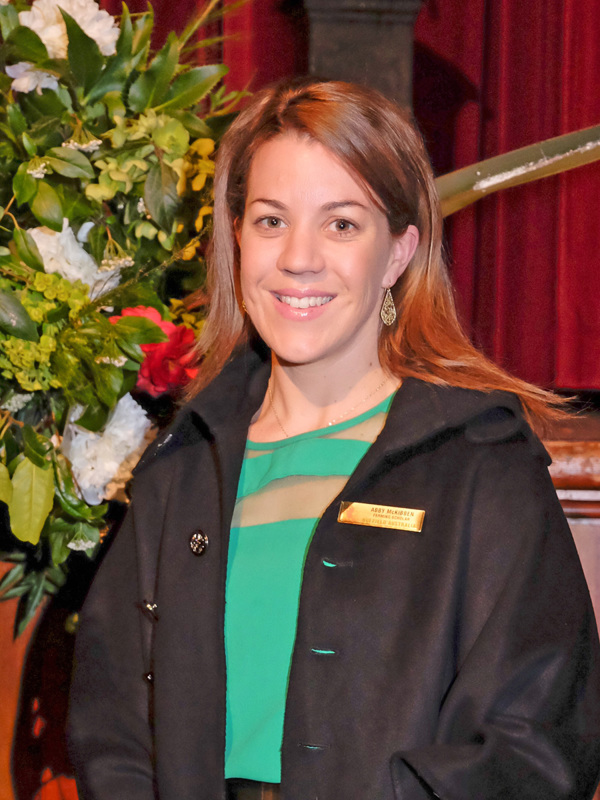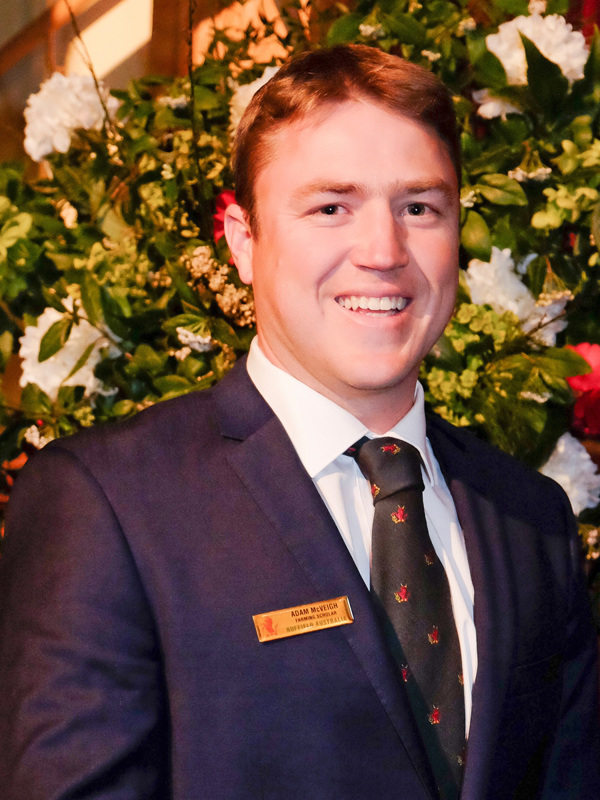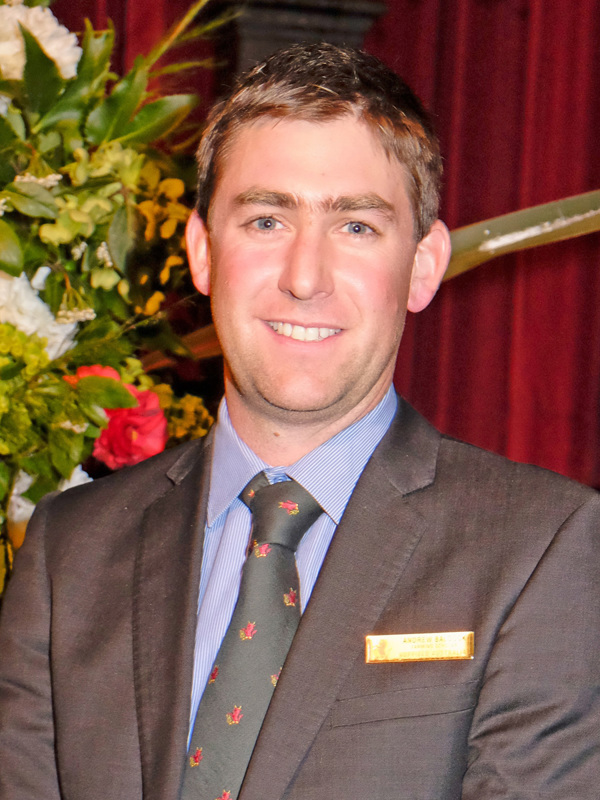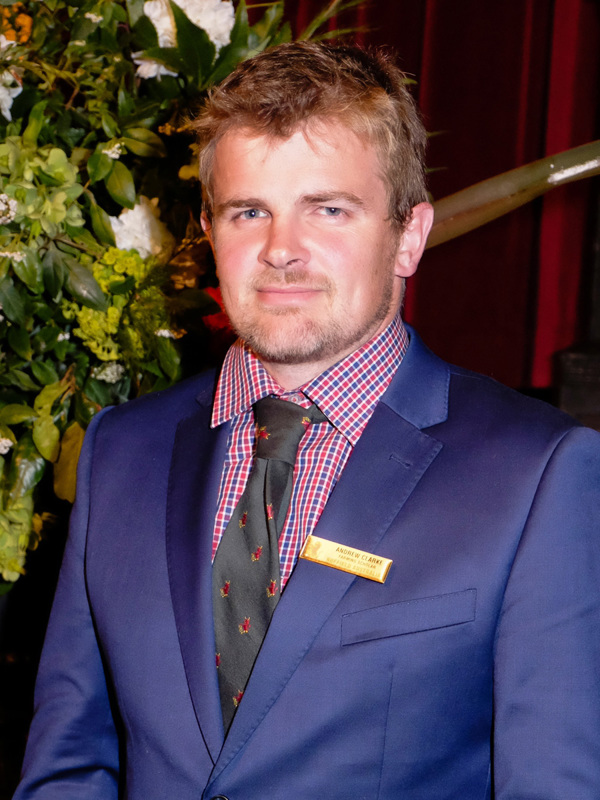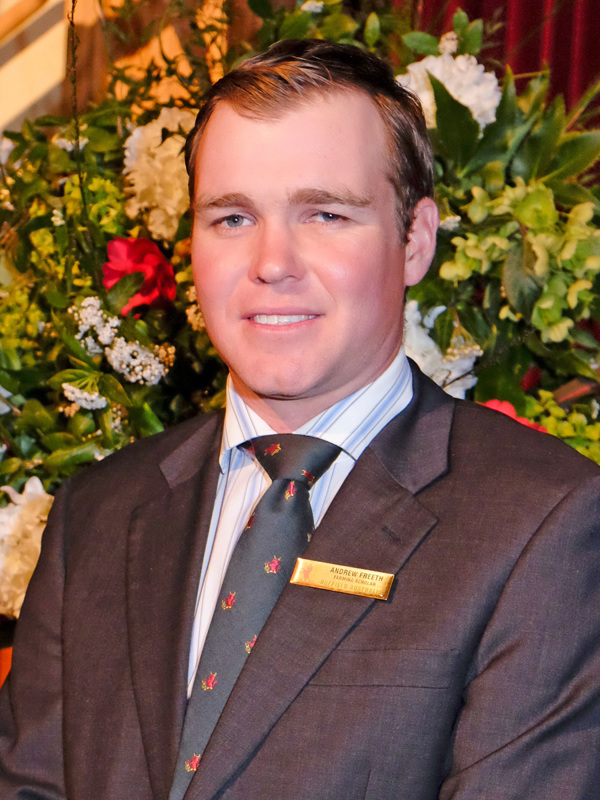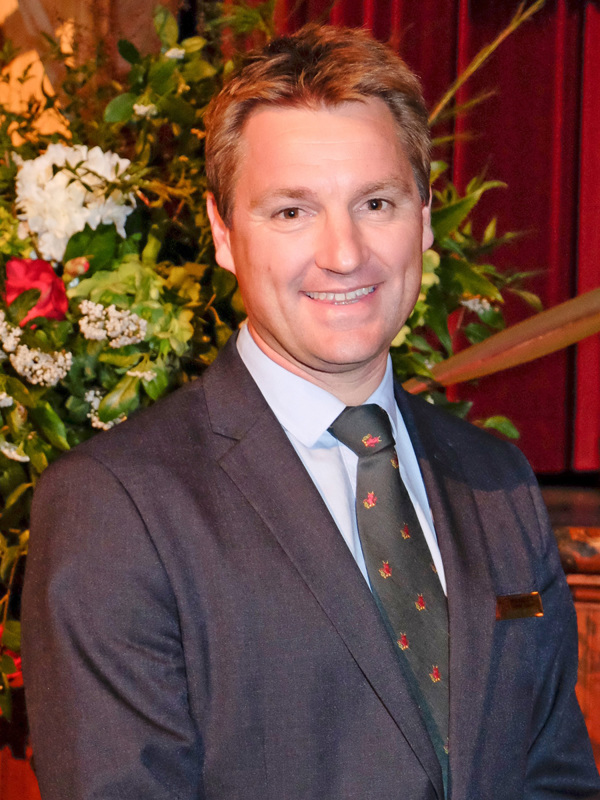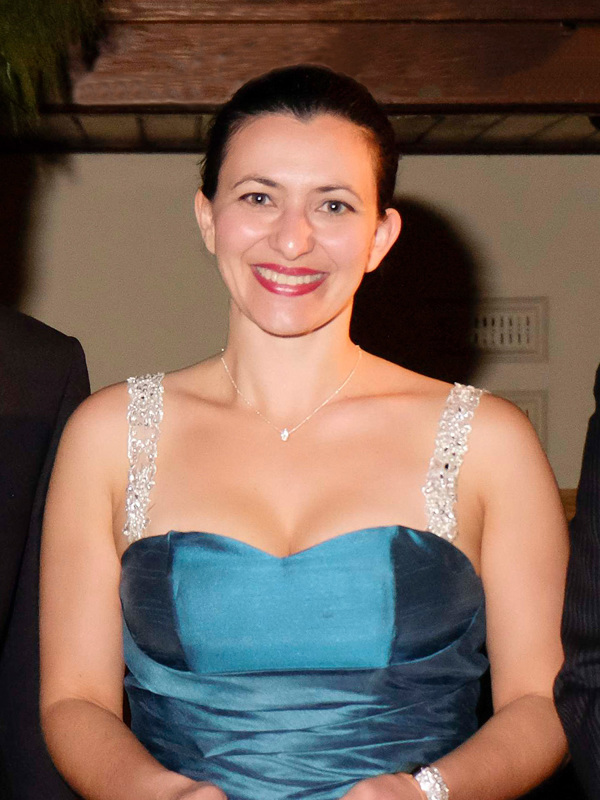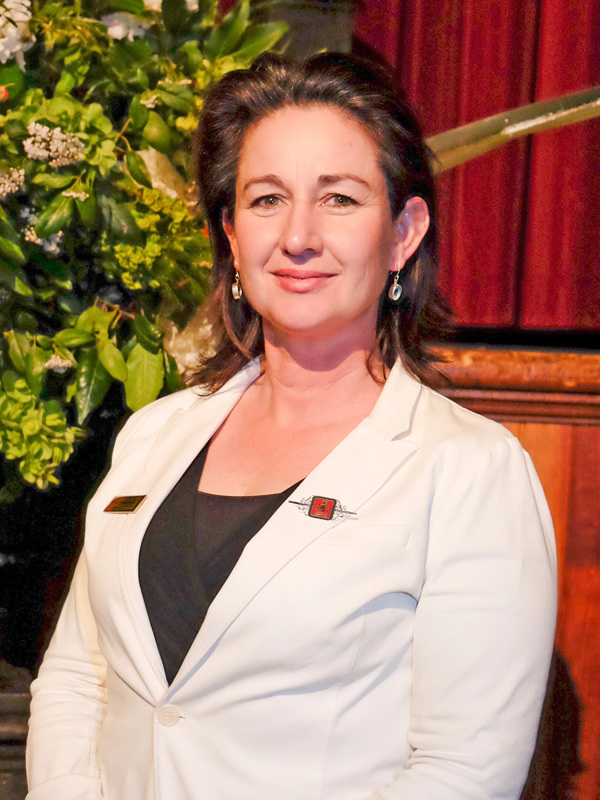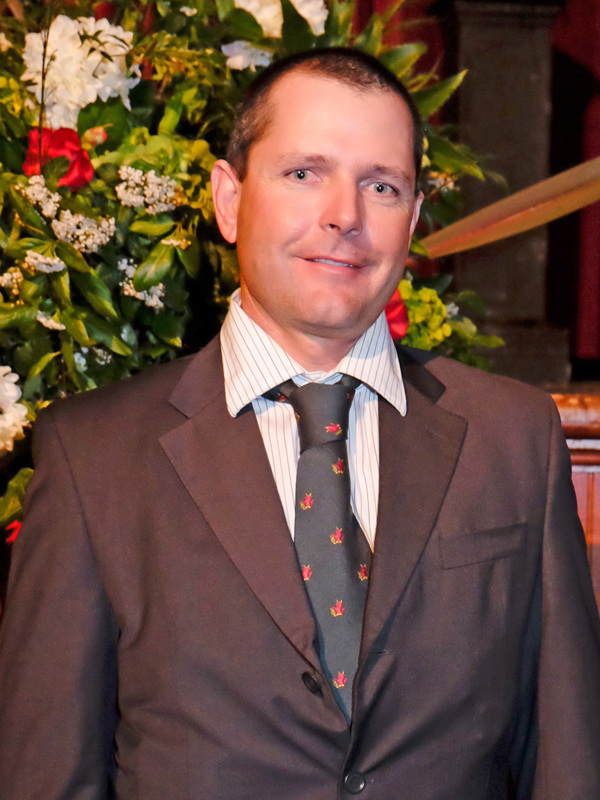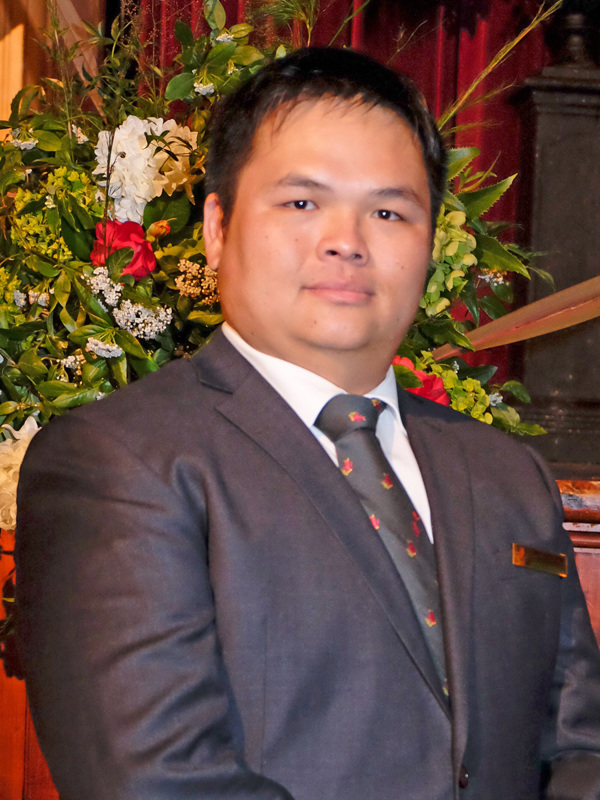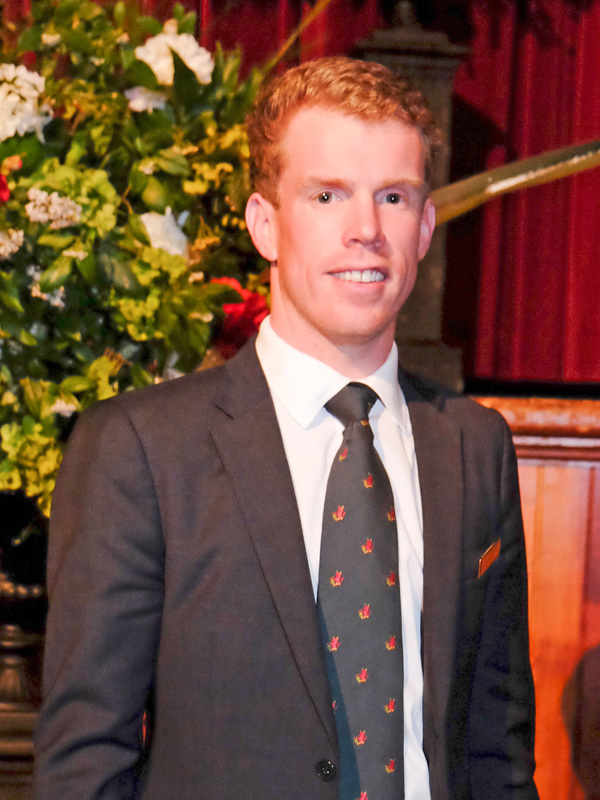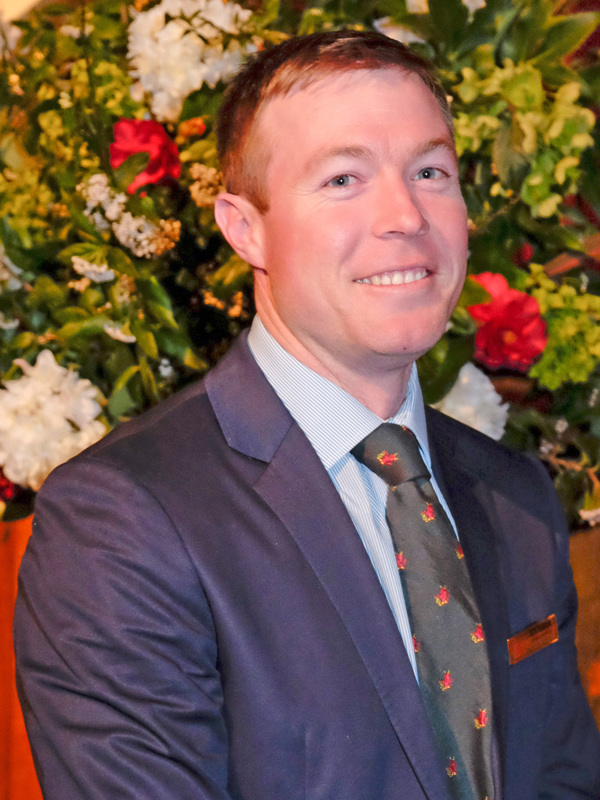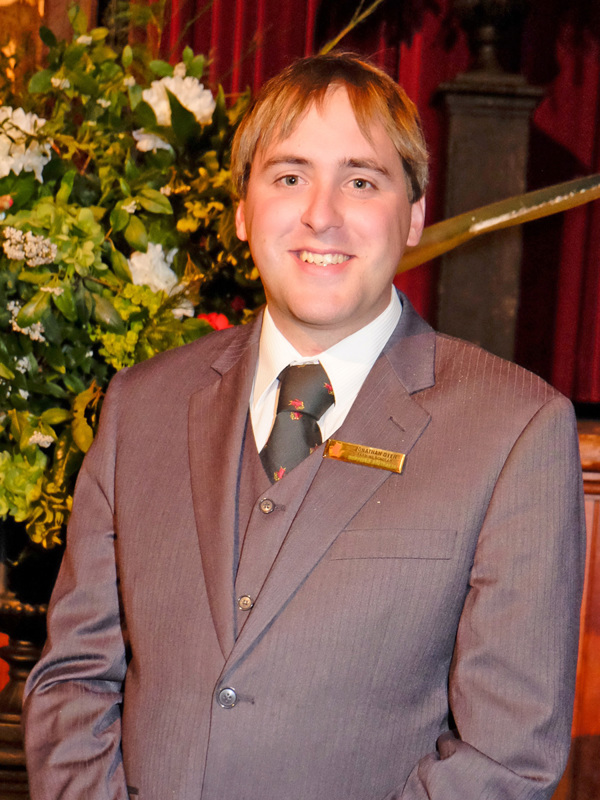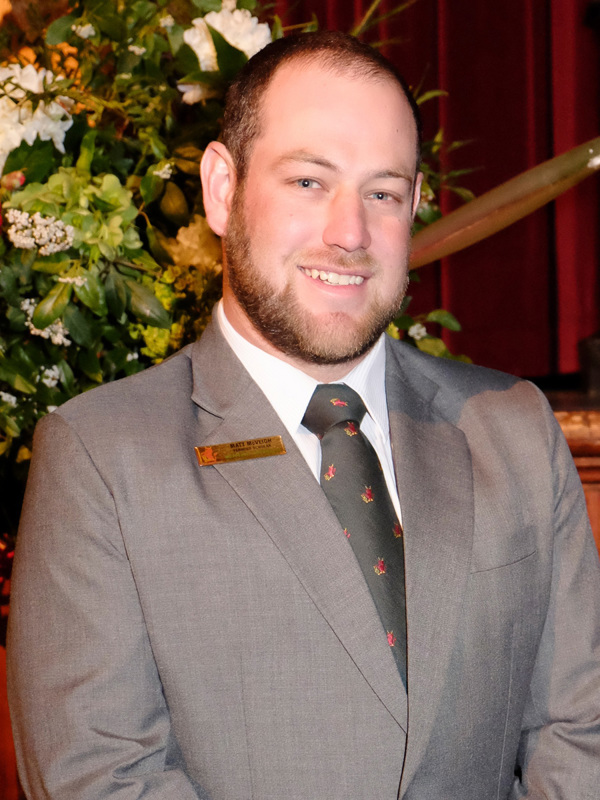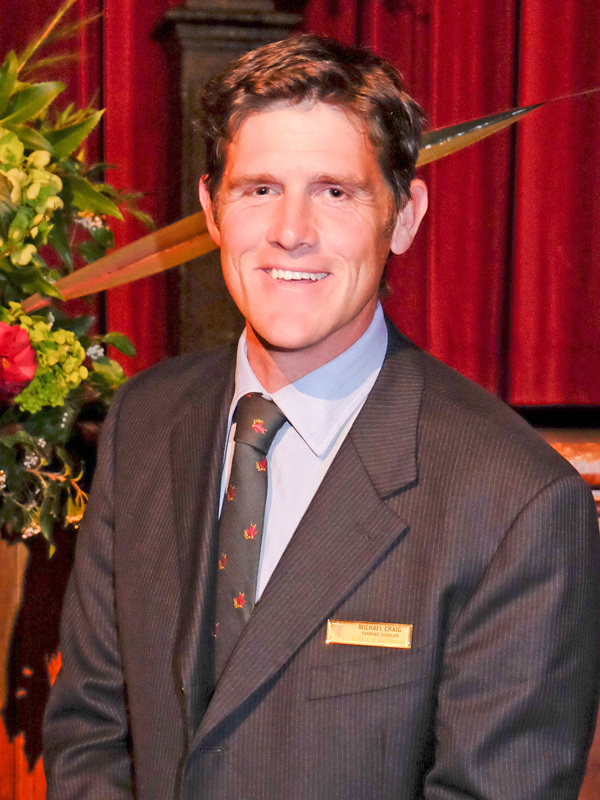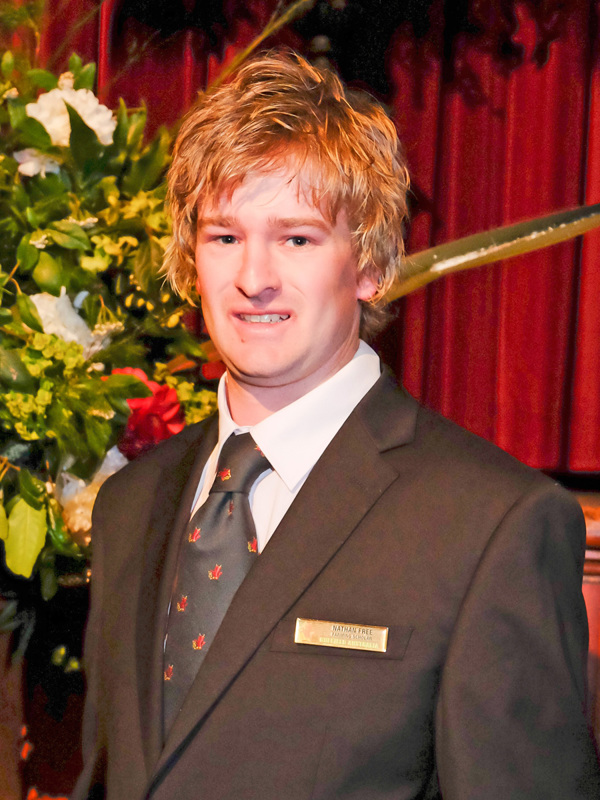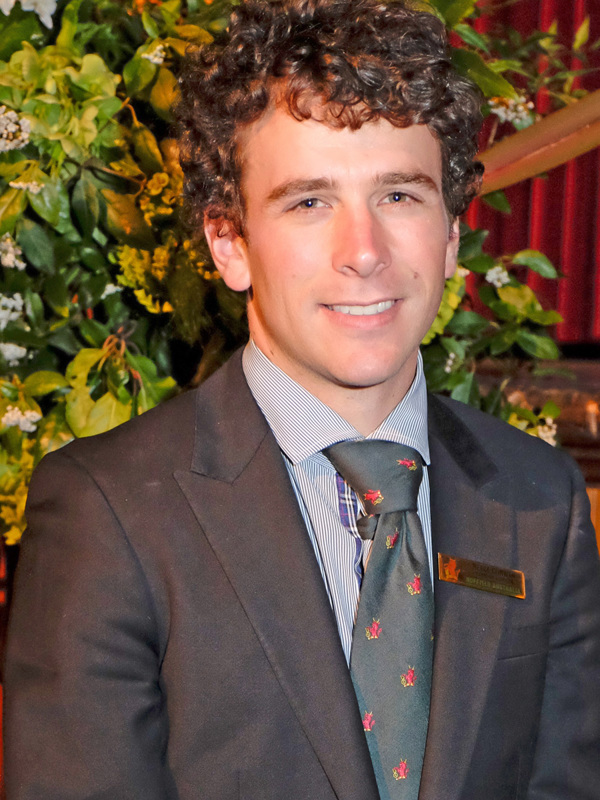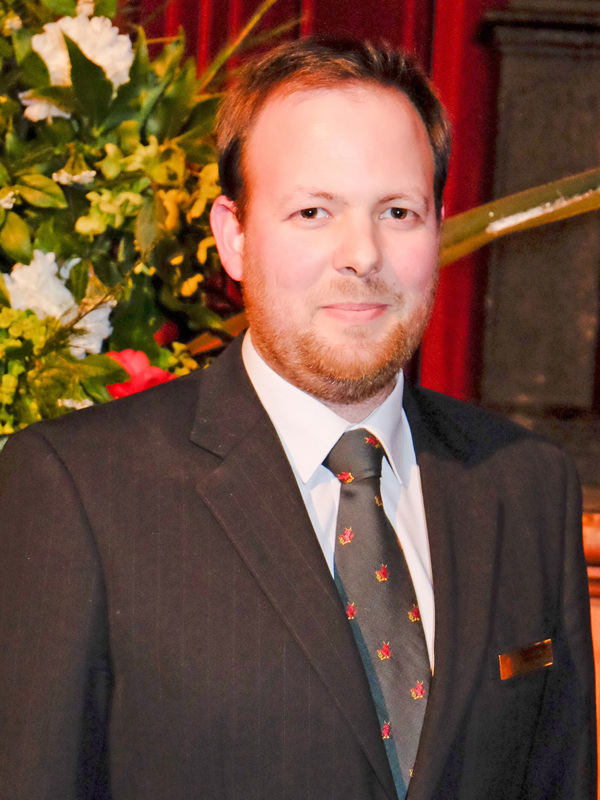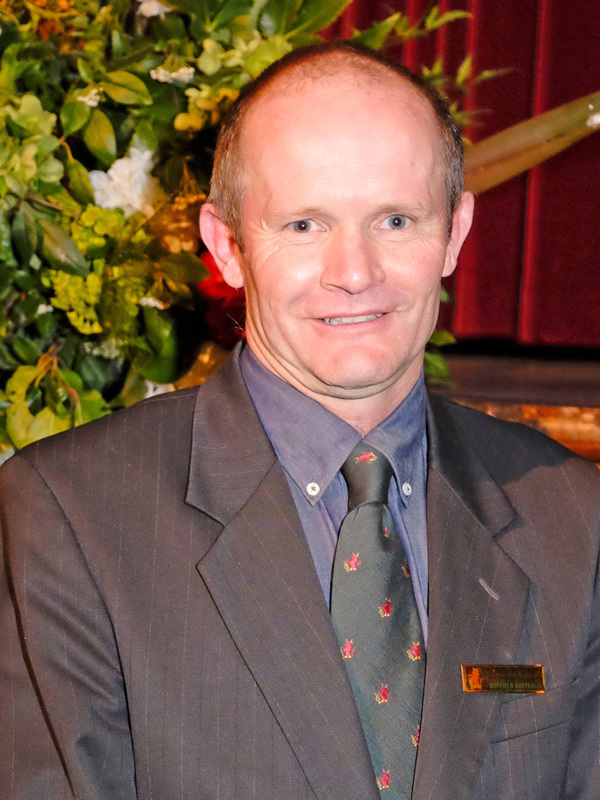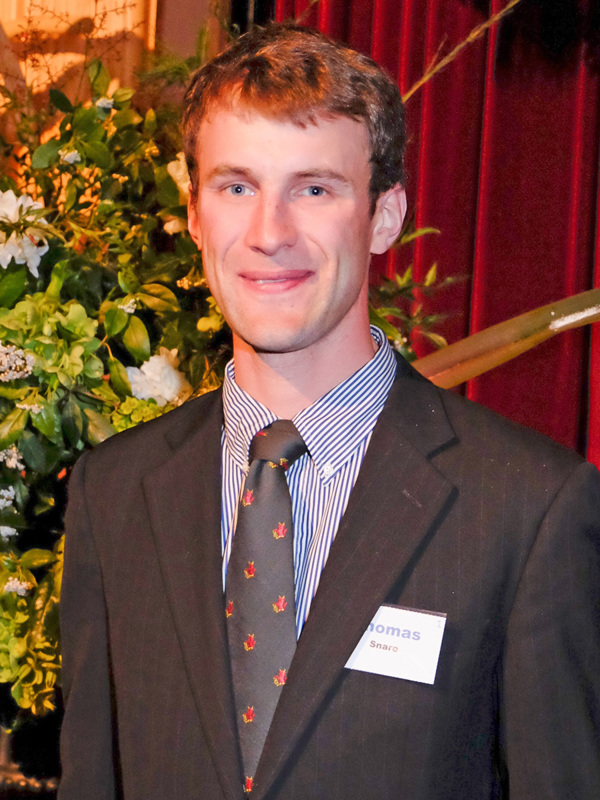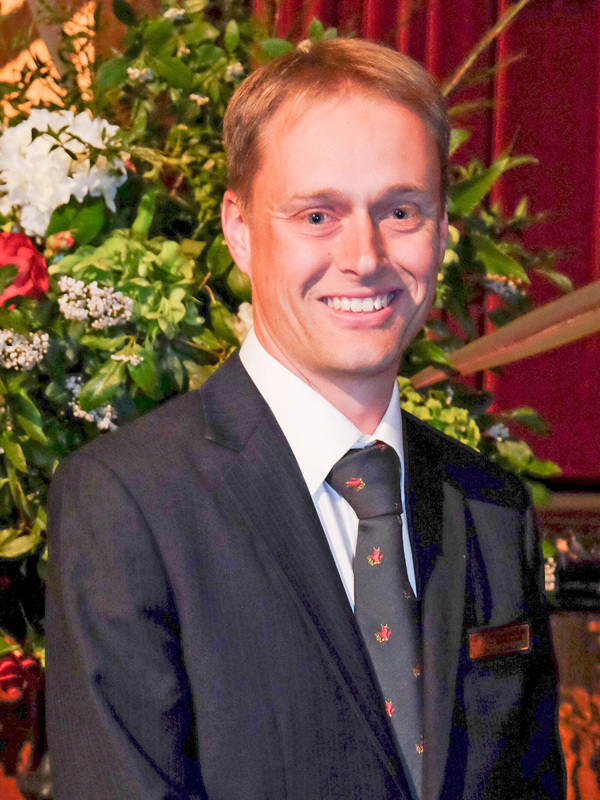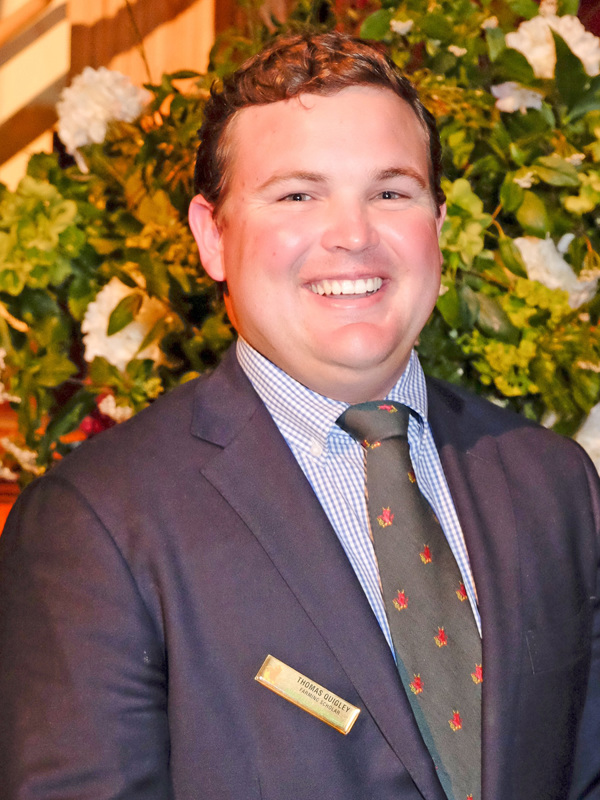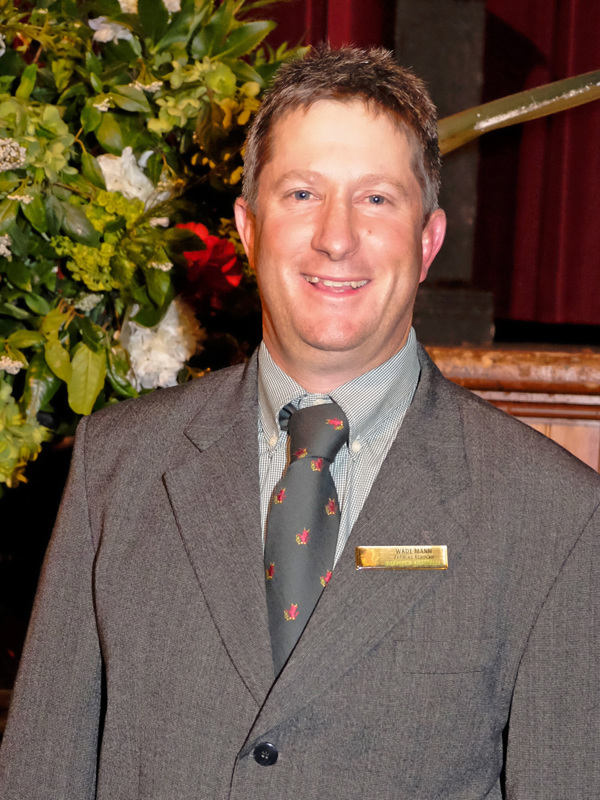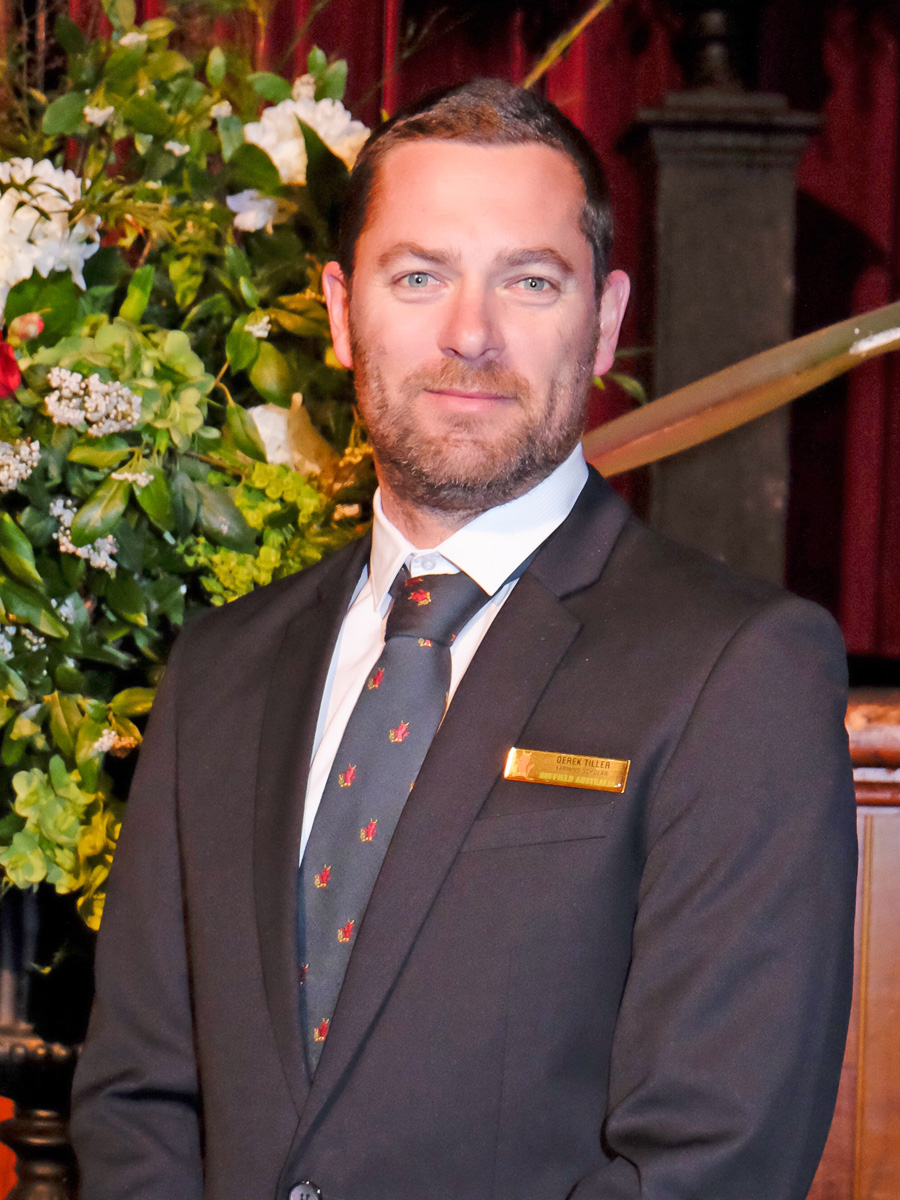
Derek Tiller
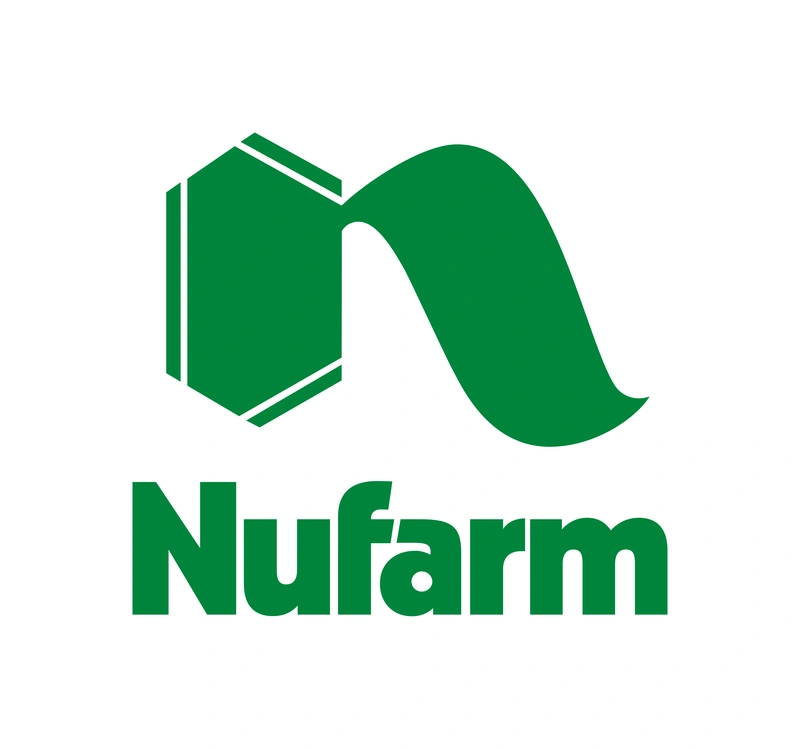
Nuffield Australia 2015 Scholar
Building the resilience of family farms through adversity
A sudden family tragedy helped to bring into clear focus SA farmer, Derek Tiller’s scholarship study, which aimed to make family farming businesses more resilient, sustainable and responsive in times of hardship. Mr Tiller, manages a 4000-ha property that produces wheat, barley and lentils at Pinery, on the Adelaide Plains, together with his brother Clinton and parents, John and Christine.
On 25 November 2015, a catastrophic fire, known as the Pinery Fire, tore through the family farm, community and region, burning 85 0000 hectares within a perimeter of more than 200km. The losses included 87 homes, countless items of machinery, livestock, burns victims and two lives, one of which was Mr Tiller’s Uncle, Alan Tiller.
“To not learn a lesson from this experience would have been negligent on both a personal and professional level. Like any unforeseen tragic event, the Pinery Fire, which occurred during the time I was completing my Scholarship, uncovered just how vulnerable a family business can be without sound structures, compounded by increased level of stress, fatigue, workload and grief to deal with. Given the complex nature of family farms, making decisions that meet the needs of all involved and improving the business at the same time, proved to be a huge challenge.
“I found that there are three key areas needed to begin to overcome these, including sustainability to ensure continuity, resilience to manage adversity and responsiveness to guide and resource the business. Furthermore, my research found there are many useful resources to assist family farms in making sound decisions, and as a result of these, can produce far-reaching benefits for the business and family members.
Supported by NuFarm, it took him around the world, visiting 12 countries over eight months including Brazil, Canada, the United States and New Zealand, to investigate the structures, resources and benefits of sound decision-making on family farms. Mr Tiller said a key observation from his study program was that many family farms were strong in operational management, whereas larger, corporate farms were more focused on macro-management, a more holistic, executive approach to running the business.
“Larger farms weren’t necessarily poor at micro-management such as agronomy and animal husbandry, but they lacked the attention to detail in this area compared to the family farm. On the other side, operators of family farms often lacked the ability to present the ‘big picture’ vision of their business, but possessed a great passion for the operational side. The family farms achieving in all areas were those that spent a great deal of time on skills training, financial analysis and their business structure.”
Macro-managing enables the family business to add structure, make plans and common goals, which unite the family to achieve best for all, whilst creating a positive culture all employees can adhere to.
“Vision helps to describe where your business wants to be and the principles you want to live and work by which are complemented by a set of goals the business wants and steps that need to be taken in order for these to be reached. There are many practical ways that businesses around the world are implementing structures or procedures to help bolster the business and ensure greater investment from family and staff."
"A great example is Morrison Farms in New Zealand, which set out simplified goals and KPIs for every member of the family business which, in turn, helped to specify roles of, and accountability for, the different functions of the farm. One member of the family was in charge of pasture growth whilst another was to have good control over the cost of production. The Morrison’s meet to discuss their current operations on a weekly basis at a management meeting, and each week appoint an alternate chairperson within the group. They also ensure a unanimous vote before any decision is made.”
He said it was also important for a common and neutral workspace for running a business that is separate to home life.
“Family farms are moving away from the kitchen table as a place where decisions are made. In the case of the Shaw family from Canada, the motivation for building a farm office was a growing family and expanding business. They built new workshop facilities, along with a lunchroom for them and the workforce, helped to centralise operations and have a significant impact on the efficiency of their day-to-day operations."
Mr Tiller concluded that a 21st century family farming enterprise will outsource services that complement the business and fill any gaps in managerial decisions.
“Whether it’s seeking independent advice or upskilling your workforce, there’s a myriad of ways to ensure your business has skills and knowledge to prosper in today’s operating climate. Knowing there is a range of services available should give confidence to those family farms unsure that they have the ability within the family to grow the business."
“My studies taught me to step back and have a look at the business from the outside.
